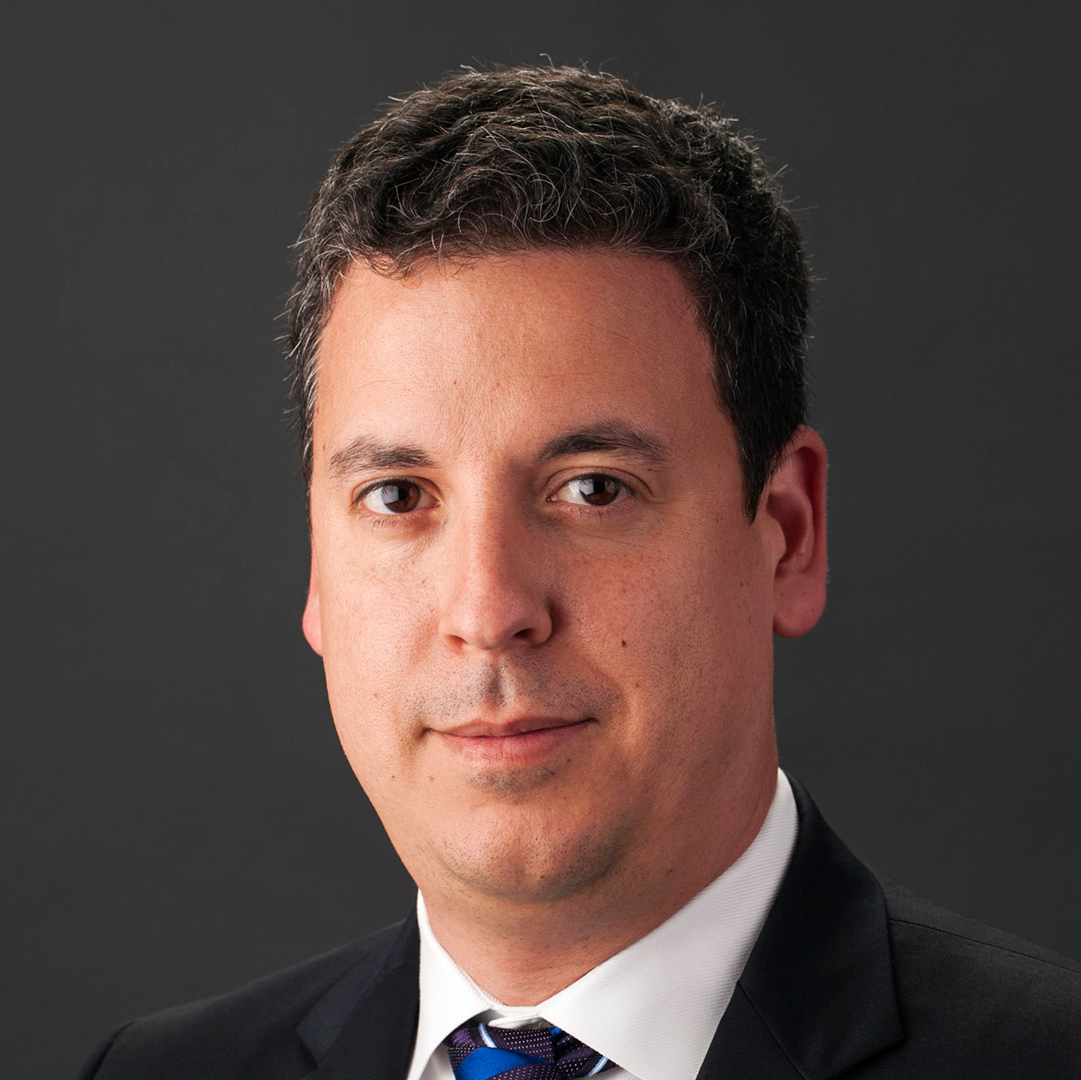When Karim Adatia was three years old, his family was forced to leave the place they’d called home for two generations. It was August 1972, and President Idi Amin had ordered all eighty thousand South Asians living in Uganda out of the country. The Adatias, originally from India, were among the six thousand South Asians who relocated to Canada.
Today, Adatia is associate general counsel and director of legal for Insight Enterprises, a Fortune 500 global technology-solutions provider with more than seven thousand employees, $6.7 billion in revenue, and offices in twenty countries serving clients in more than two hundred countries and territories. The adaptability he was forced to develop at a young age has stayed with him, and he has relied on it not only to gain experience with many different subjects and cultures, but also to push himself and his team to learn as much as they can about Insight’s value proposition and offerings and the ways they can facilitate them.

“My parents expected me to become a doctor, lawyer, accountant, or engineer, but taking organic chemistry showed me I wouldn’t do well in medicine,” he says with a laugh. He was interested in travel and exploring different cultures, so he chose the University of Victoria for law school, partly because it offered a four-month internship in an overseas law firm. Adatia was sent to RamRais & Partners, an IP firm in Kuala Lumpur, Malaysia. “A lot of multinationals, like Intel, Hugo Boss, and major pharmaceutical firms, were active throughout Southeast Asia at the time, so I got to work on several interesting deals,” he says. “I also enjoyed the unique blend of Chinese, Malay, and Indian cultures.”
He relocated to Arizona in 2004, where he joined the corporate practice of Osborn Maledon. In 2010, he joined Insight Enterprises, which manages and transforms how its clients use IT. “We leverage emerging technologies to solve unique business problems and optimize outcomes for our clients,” Adatia says.
In one example, a national railway company that owns and operates a vast network of tracks was looking for a way to predict potential problems and reduce maintenance and downtime costs. “Our digital innovation team designed and built a drone-based imaging solution that uses IoT [Internet of Things] processing to prioritize images and send them to a cloud-based platform for analysis with near-real-time alerts,” Adatia says. “When an issue is identified requiring repair, it is escalated to track inspectors. The drones are able to fly over remote sections of track, thus saving time and money and keeping inspectors out of harm’s way.” The information gathered by the drones, combined with weather patterns and additional data related to track age, volume of usage, and length of time since the last repair, enable the company to better predict when certain track segments or switches might have problems. Insight also developed a dashboard for presenting the data so that it’s most useful to the business.
“Technology is very disruptive. It takes someone who is comfortable with change and is inquisitive and humble.”
Insight doesn’t manufacture hardware; it instead partners with some of the largest providers, including Microsoft, Apple, Dell, and Lenovo. When it does design software, dashboards, and other solutions, it is Adatia’s team that ensures IP rights are properly protected.
Adatia’s team manages most of the company’s major partner and vendor contracts, too, and also plays a role in the company’s many mergers and acquisitions. Since its founding in 1988 (when it was known as Hard Drives International), Insight has made more than a dozen acquisitions. The company’s integration team makes sure lessons learned in one deal are not lost. “We pay a lot of attention to the people affected and make sure we connect on a cultural level,” Adatia says. “Communication and transparency are key. You need to let people know what is happening and provide them with a road map.”

Adatia reports directly to Insight’s general counsel and has three senior corporate counsel reporting directly to him. He also works closely with attorneys in Europe, the Middle East, Africa, and the Asia Pacific region. When adding to his team, he looks for people with a certain mind-set. “Technology is very disruptive,” he says. “It takes someone who is comfortable with change and is inquisitive and humble. They need to know what they don’t know. They need to ask questions and listen more than they talk, which doesn’t come naturally to most lawyers. In a law firm, clients turn to lawyers to guide them. Here, our internal colleagues know more about what they do than we do, so we have to be willing and eager to learn.”
Adatia says he also looks for IQ, EQ, and CQ (intellect, emotional and cultural intelligence, and intellectual curiosity). “Most applicants have the IQ and the experience required, but it can be difficult to find people with high levels of CQ and EQ,” he says. “But they are essential to forming trusting relationships, adapting to change, and having empathy for what others are going through, which is extremely important to what we do at Insight and to the services we provide our clients.”


